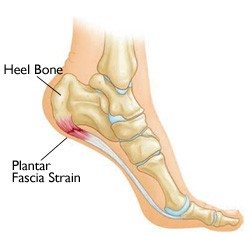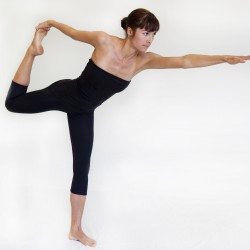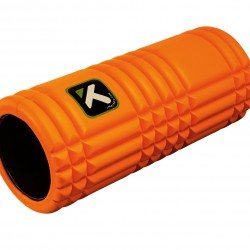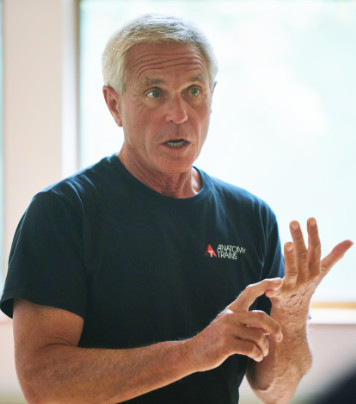About four this winter morning, I stumbled into the bathroom to alleviate the pressure of Saturday night’s wine (pausing to remember Rumi’s assessment of human beings: a machine for turning the finest Shiraz wine into rank urine). I heard an odd sound, and looked around – where could it be? it almost sounded like someone banging a gong, singing metal. The cats, the most likely source, were not around inside, so I looked outside, thinking it might be raccoons on the bird feeders.
It was indeed the bird feeders doing the clanging, but they were being knocked around by a huge black shape against the snowy expanse of our yard. In the tepid light of the nearly new moon, the humongous shadow soon resolved itself into Cammie, Camelot, our Tennessee Walker horse.
I awoke Quan, and we hurriedly dressed, hoping Cammie wouldn’t wander off, but he was enamored of the sunflower seeds we put out for the cardinals, chickadees, and blue jays, our winter birds. So, armed with an apple and a rope and a flashlight, we soon had him corralled, and started walking him back across the frozen yard toward the paddock, his hoofs breaking through the snow crust while we humans – less weight, more foot – walked on the crust.
Quan was up, so every animal had to be fed – Simon the barn cat, the remaining rabbits, the other two horses – while I walked the fence, looking for where he’d gotten out of the paddock. Over by the pines in the corner, I found the break and set about repairing it, though in truth we have enough snow that they could easily step over it if they were really in the mood for escape. Mostly, well-fed and curried, they don’t – but Cammie must have either found the break or created it, and then used it to go in search of more food or adventure.
We stumbled back into bed and sleep about 5, but once awake in the morning, I find it hard to recapture Morpheus, so I got up to write this entry. Making tea quietly in the lightening kitchen, I noticed that Didi, our new cat, had a mouse trapped inside, and was playing with it, as is her wont. Ambivalence – it’s the cats’ job to keep mice out of the house, but I cannot stand the torture that only cats, humans, and orcas seem to play on their food. So I distracted Didi with tinned food, trapped the poor little mouse, and let him go outside – where the world is a cruel coating of snow and ice, with more to come tonight. He probably came in in search of the food he couldn’t find outside. I sigh about my choices: leave him to the tender mercies of the cat in warmth, or the freedom of the cold and barren. Freedom wins; I let him go.
In fact, we haven’t seen the cheeky raccoons at the feeders for a while, nor the two sleek albino skunks that have taken up residence under the sauna – all of whom, along with six squirrels, feed on the birds’ seeds and suet – and I suspect that they are all hibernating somewhere, awaiting the loosening of winter’s grip. Looking out as I sip my tea, past the feeders, down the field, across the pond and into the dark woods, I think of all the poor animals subject to the energy-sapping cold in the food-deprived forest.
There are children shivering in Syria – no clothes, refugees, global weirding. Man’s inhumanity to our fellow human is hard enough to bear, our cruelty to animals even more so. But nature is cruel too, taking away the sources of energy just when it is needed most. I send a prayer down the snow lit orange now by dawn – may you all have enough to eat.
Humans first domesticated fire about 20,000 generations ago, long before they domesticated the horse, the cat, and the dog, at about 500 generations ago. My warm house is the current cultural expression of that Promethean gift. Food in the fridge, wood in the woodshed, gas from the stove to warm the tea – all sun energy trapped in substance, unwinding for my pleasure and comfort.
We live as no kings, no emperors of former times could live. We have been ‘human’ for about 200,000 generations, have had fire (and thus safety) for only the last 10% of that time, farmed food and lived in huts for the thus plentiful last 5%, and have burned up most of the sun energy impounded in all the fossil fuels on this planet in only the last 20 generations, about 0.001% of our time on the planet. But we and our children have come to see this as ‘normal’ modern life, but it is a profligate bubble, highly unusual, neither normal, nor ‘normable’ – not sustainable.
Our current lifestyle is either the springboard to a sustainable and resilient humanity, or the prelude to a dark age, where we will no longer be able to take that warmth for granted, where our children or theirs may be hunting desperately for food and facing the winter months with true fear, not the mere annoyance with which we struggled into our clothes.
Sun truly up, I refill the bird feeders – Cammie knocked it all down – and soon the grackles, mourning doves, and jays are hogging the best of it, with the chickadees darting in to get their share, the squirrels acting as a busy little grounds crew, cleaning up the dropping seeds. May all beings be full, warm, and happy as the light begins its long return from the south.
More snow tonight.





